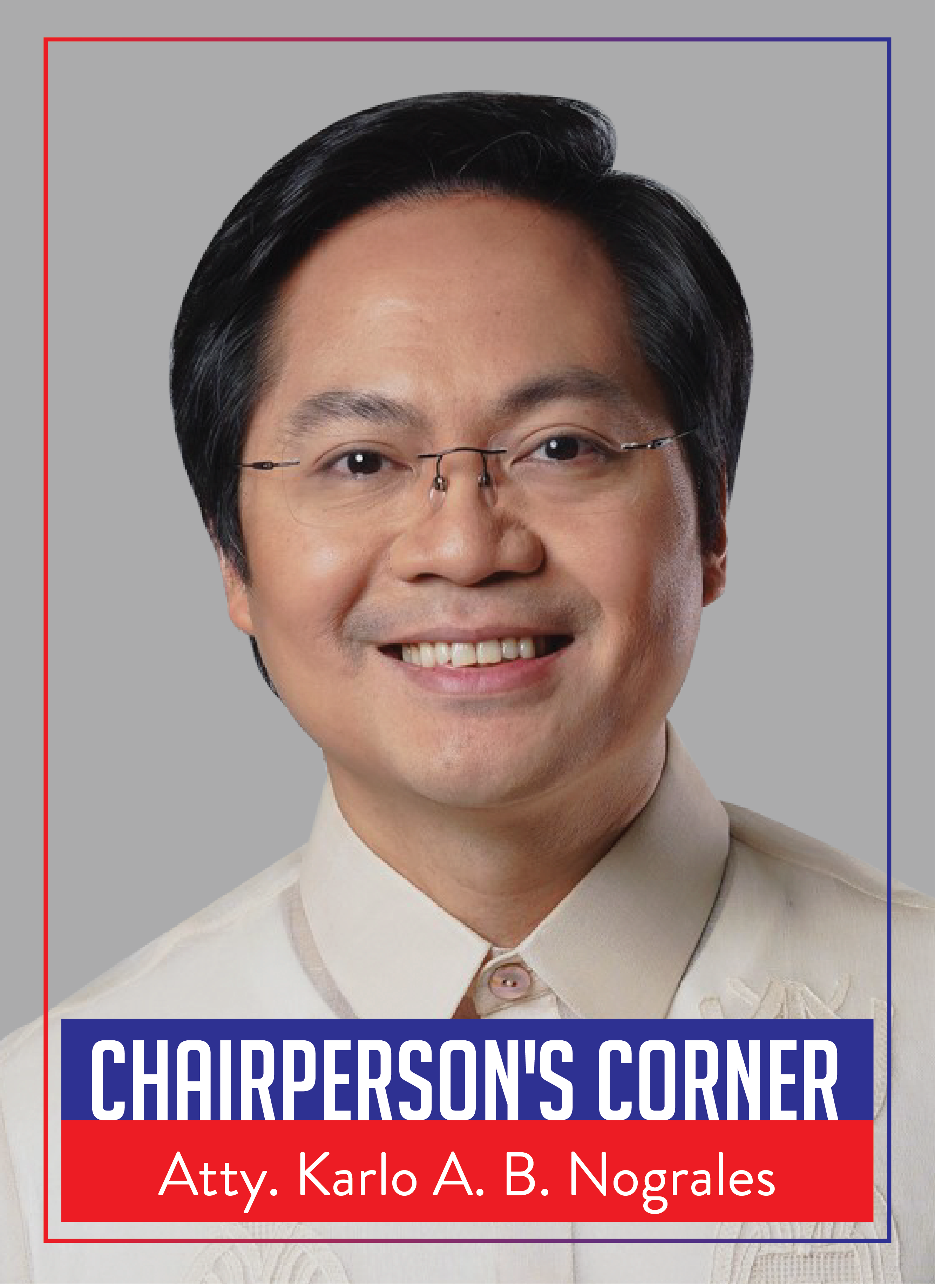The Civil Service Commission (CSC) reminds government employees to refrain from soliciting gifts and consuming alcoholic beverages within government offices during office Christmas parties.
Addressing the 1.9 million civil servants nationwide, CSC Chairperson Karlo Nograles emphasized the importance of celebrating the season conscientiously, reminding government employees that while it is a time for joy and gratitude, it is equally imperative to uphold their responsibilities.
“Alam po natin na ito ay panahon ng pagsasaya at pasasalamat para sa isang pinagpalang taon ng buhay at trabaho na nagdaan, pero huwag din nating kalimutan ang ating responsibilidad bilang mga kawani ng gobyerno. Let us maintain a professional and conducive working environment even during year-end and holiday celebrations,” he said.
Under CSC Resolution No. 1100039, the consumption of alcoholic beverages such as, but not limited to, malt, wine, and intoxicating liquor in the workplace among government officials and employees during office hours is prohibited.
The mere act of consuming alcoholic beverages in the workplace during office hours as well as reporting for work while under the influence of alcohol shall be considered as an administrative offense, separate and distinct from the offense of Habitual Drunkenness.
Officials and employees caught consuming intoxicating liquor and other alcoholic beverages during office hours, or reporting for work under the influence of alcohol, will be subject to disciplinary action and may be found guilty of Simple Misconduct. Simple Misconduct in this regard is punishable by suspension for one month and one day to six months for the first offense, and dismissal from service for the second offense.
Exceptions to this rule include alcoholic beverage consumption during programs and rituals, such as ceremonial toasts and observance/honoring of local customs and traditions.
In such instances, the alcoholic beverage must be limited to malt and wine, and drinking should not lead to intoxication, which is defined under the Resolution as the impairment of a person’s mental faculties resulting in the loss of control over behavior and/or actions. Moreover, the same may be done provided permission is previously secured from the head of office. In the event of any untoward incident arising from such consumption, both the head of the office and the officials or employees involved will be held liable.
Chairperson Nograles also mentioned that requesting raffle prizes or soliciting monetary contributions from companies or stakeholders for celebrations is prohibited under the Republic Act No. 6713, or the Code of Conduct and Ethical Standards for Public Officials and Employees, which provides that “public officials and employees shall not solicit or accept, directly or indirectly, any gift, gratuity, favor, entertainment, loan or anything of monetary value from any person in the course of their official duties or in connection with any operation being regulated by, or any transaction which may be affected by the functions of their office.”
The 2017 Rules on Administrative Cases in the Civil Service states that, “receiving for personal use of a fee, gift or other valuable thing in the course of official duties or in connection therewith when such fee, gift or other valuable thing is given by any person in the hope or expectation of receiving a favor or better treatment than that accorded to other persons, or committing acts punishable under the anti-graft laws.” Violation of this provision is a grave offense and is punishable by dismissal from the service.
Meanwhile, agencies conducting get-togethers and year-end activities must also ensure that there will be no disruption in public services. Offices may opt to conduct these activities outside office hours but should always ensure that there is adequate skeletal workforce to attend to their clients and other urgent matters during official business hours.
“May we always be reminded of our duties as public servants even during the holidays. The most fitting way to conclude this eventful year is by maintaining the same standard of excellence in our service that we have consistently provided throughout the entire year,” said Chairperson Nograles.

